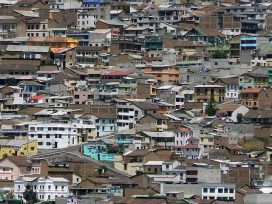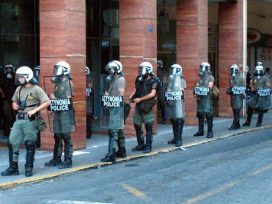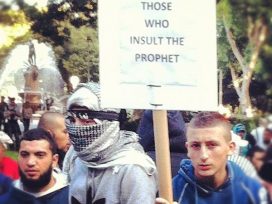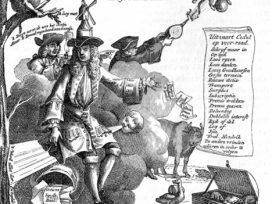
Against growth
A conversation with economist Joshua Farley
Given the relation between economic production and ecological degradation, Joshua Farley is convinced that economic growth must stop. It is just a question of when. And whether cooperation will displace competition as the dominant concept in the economic paradigm.


